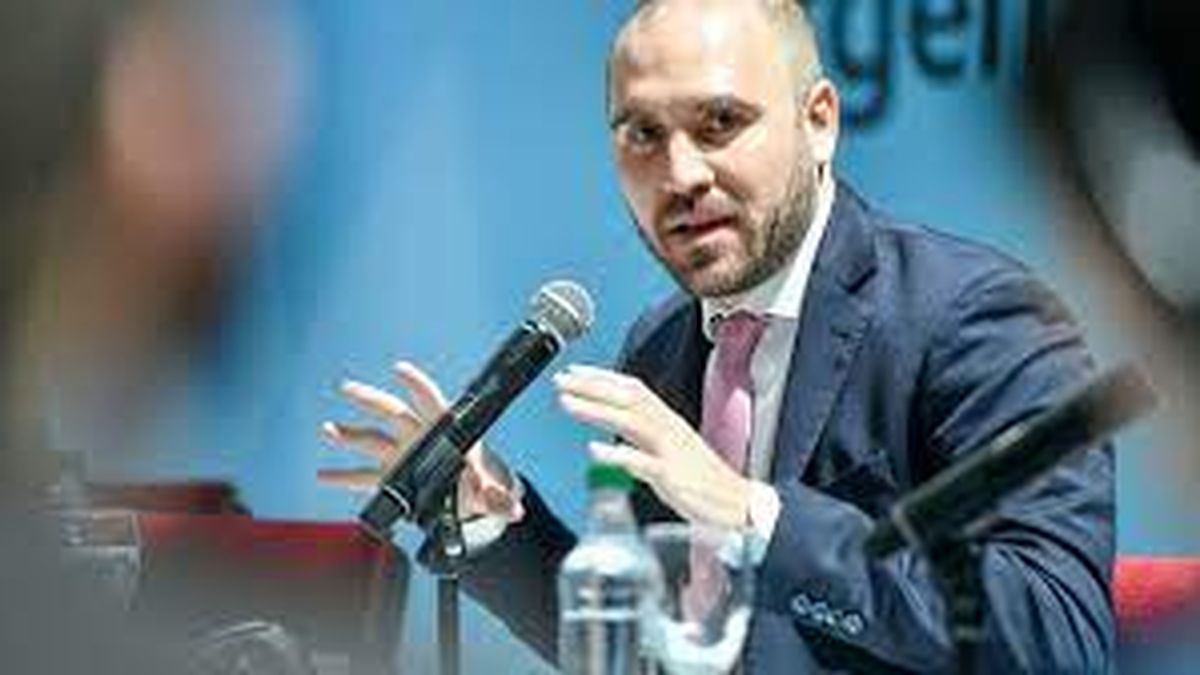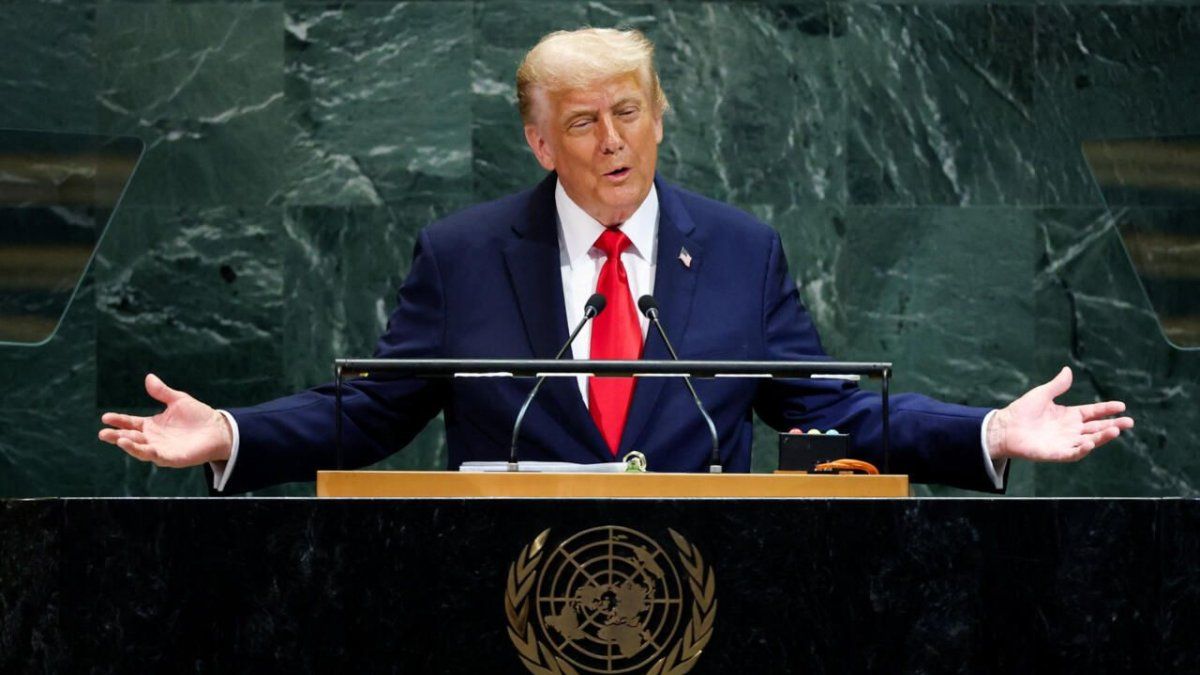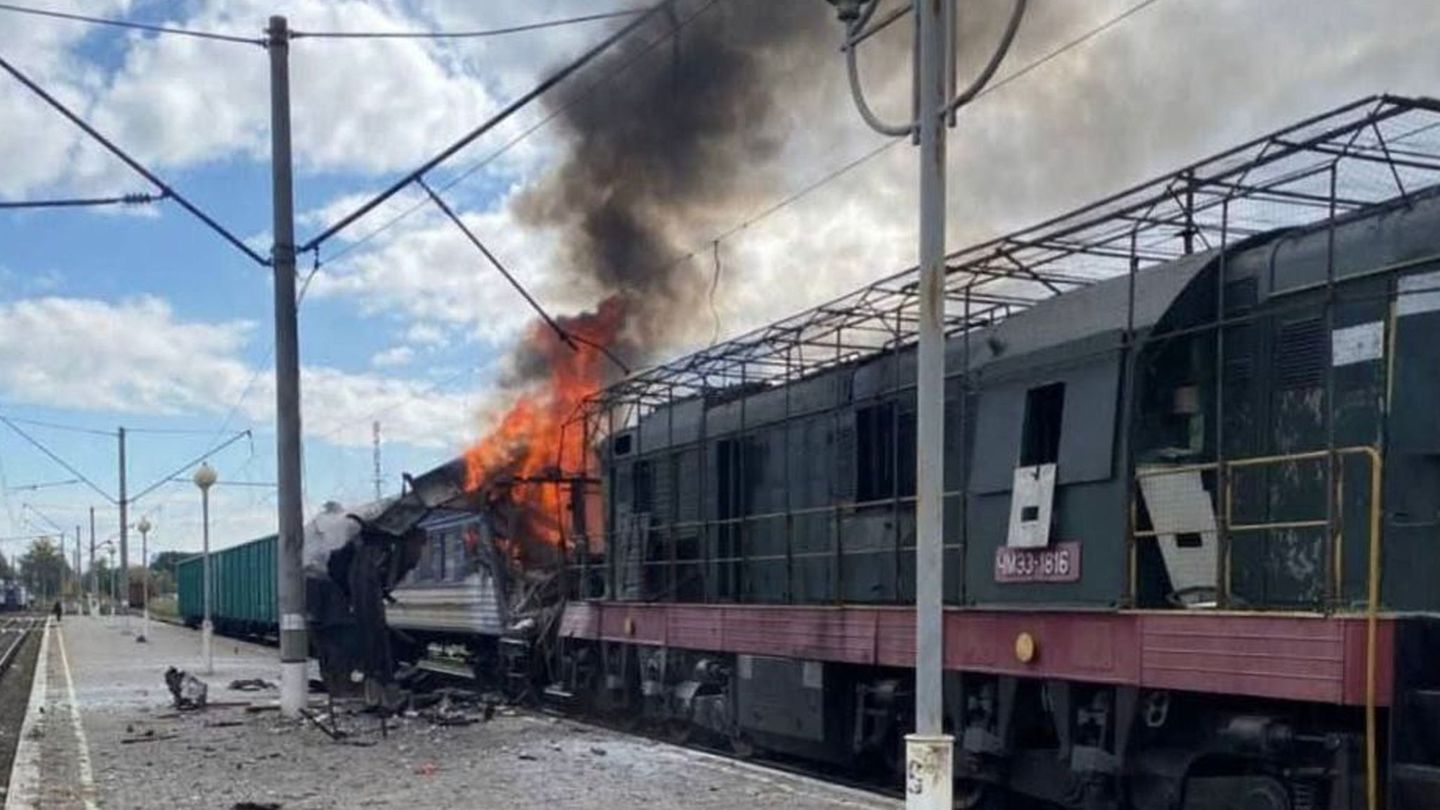At the same time, he stressed that in order to achieve the necessary goals to resolve macroeconomic problems, a certain order is necessary. “Order is essential for us to have more tranquility and stability,” he said, adding that he is working for it, with the support of President Alberto Fernández.
“We work with peace and decision,” Guzmán assured before the consultation on the criticism emanating from within the Frente de Todos, in particular from Unidad Ciudadana, the sector that represents Vice President Cristina Fernández de Kirchner. “What gives peace of mind is knowing that we are, as a team, doing what is going to help Argentina,” he remarked.
However, he did not dodge the subject: “There are issues in which there is a difference of ideas, it is a debate of ideas that is rarely public in Argentina, with central issues where there are common points of view on the role of the State. Then there are differences about how to strengthen the State and this debate takes place”.
Beyond the differences, in something that they agree within the Front of All in the rejection of the proposal that emerged from a sector of Together for Change regarding dollarizing the economy. In that sense, Guzmán was blunt: “Dollarizing is a delusion. It is giving up the possibility of building a serious Nation-State. It is accepting defeat as a country. It’s something we don’t even consider as an option.”
In any case, he met the former president, who openly questioned the Minister of Economy regarding the economic plan. “If we say that in Argentina there is a bi-monetary economy, what is missing is confidence in the currency,” he said, for which disordering the accounts with greater monetary issue, as a certain sector of the ruling party proposes, would lead to greater problems in an economy like that of Argentina.
But Guzmán did not propose to eliminate the deficit from one year to the next, as the opposition maintains, something that for the minister is an attempt to deceive, but rather pointed out that “the emission must be reduced but at a speed that allows the State to have an active role in development.
Regarding the reduction of the deficit, one of the points has to do with the segmentation of rates to lower subsidies. Regarding this, he asked himself: “What is the point of subsidizing energy for wealthy sectors? With those pesos I prefer to invest in education”.
Specifically, the minister explained that “a system is being implemented to correct this deficiency” since “it is not convenient to have 2.5 or 3 points of energy subsidies. We have to turn it around and invest those resources in public works, in routes, in ports…”. “The political decision is to advance on that scheme,” he concluded.
Source: Ambito
David William is a talented author who has made a name for himself in the world of writing. He is a professional author who writes on a wide range of topics, from general interest to opinion news. David is currently working as a writer at 24 hours worlds where he brings his unique perspective and in-depth research to his articles, making them both informative and engaging.




